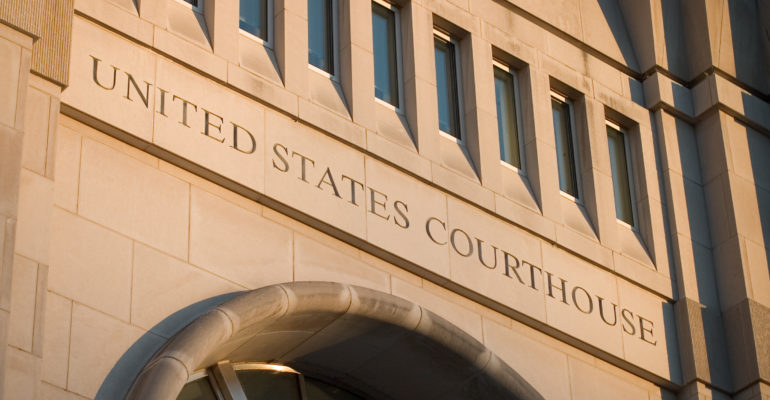
On June 28, 2020, Genentech filed a complaint against Samsung Bioepis (Bioepis) in the District of Delaware, alleging infringement of fourteen patents under the BPCIA based on Bioepis’s submission of an aBLA for SB8, a proposed biosimilar of AVASTIN (bevacizumab). As relief, Genentech’s complaint requests a court declaration that the commercial marketing of Bioepis’s biosimilar product would infringe the asserted patents, as well as a preliminary injunction enjoining such allegedly infringing activity pending a final determination of the case and a permanent injunction blocking any infringing activities during the life of Genentech’s patents.
In addition to the infringement allegations, the complaint alleges a series of violations of the BPCIA’s patent dance provisions by Bioepis.
First, the complaint alleges that although Bioepis provided Genentech with a copy of the aBLA in accordance with subsection (l)(8)(A) of the BPCIA, Bioepis failed to provide Genentech with other manufacturing process information and, despite Genentech’s objection, insisted that production of the aBLA alone “fulfilled its obligations under 42 U.S.C. § 262(l)(2)(A).” According to the complaint, Genentech then provided a list of patents that it believed could reasonably be asserted against Bioepis, based on the information available to Genentech at the time.
Genentech also alleges that instead of providing a claim-by-claim detailed statement of the bases for Bioepis’s opinion that the Genentech’s listed patents are invalid, unenforceable, or will not be infringed by the commercial marketing of Bioepis’s SB8 product, as required by subsection (l)(3)(B) of the BPCIA, “Bioepis served a response denying infringement of all of the identified patents and providing only conclusory assertions that three of the patents identified by Genentech pursuant to 42 U.S.C. § 262(l)(3)(A) were invalid.”
Genentech further alleges that Bioepis provided its notice of commercial marketing pursuant to subsection (l)(8)(A) of the BPCIA on March 30, 2020. Subsection (l)(8)(A) provides that a biosimilar applicant “shall provide notice to the reference product sponsor not later than 180 days before the date of the first commercial marketing of the biological product licensed under subsection (k).” Genentech, however, believes that Bioepis might begin to market its biosimilar “imminently” following its FDA-approval, before 180 days from notice have elapsed and, accordingly, seeks an injunction preventing Bioepis from commercially marketing its biosimilar during the 180-day notice period.
This is Genentech’s third BPCIA litigation against a bevacizumab biosimilar developer. First, in 2017, Genentech sued Amgen based on its aBLA for its MVASI (bevacizumab-awwb) biosimilar. Amgen launched MVASI in the U.S. last year, and the litigation is still pending. Second, in April 2019, Genentech sued Pfizer based on its aBLA for ZIRABEV (bevacizumab-bvzr), but the parties settled later that year. Pfizer launched ZIRABEV in the U.S. earlier this year. Mylan has also filed an aBLA for a bevacizumab biosimilar, but that product is not yet subject to any BPCIA litigation.
UPDATE (6/30/2020): The court has docketed the case as Civil Action No. 1:20-cv-00859.

